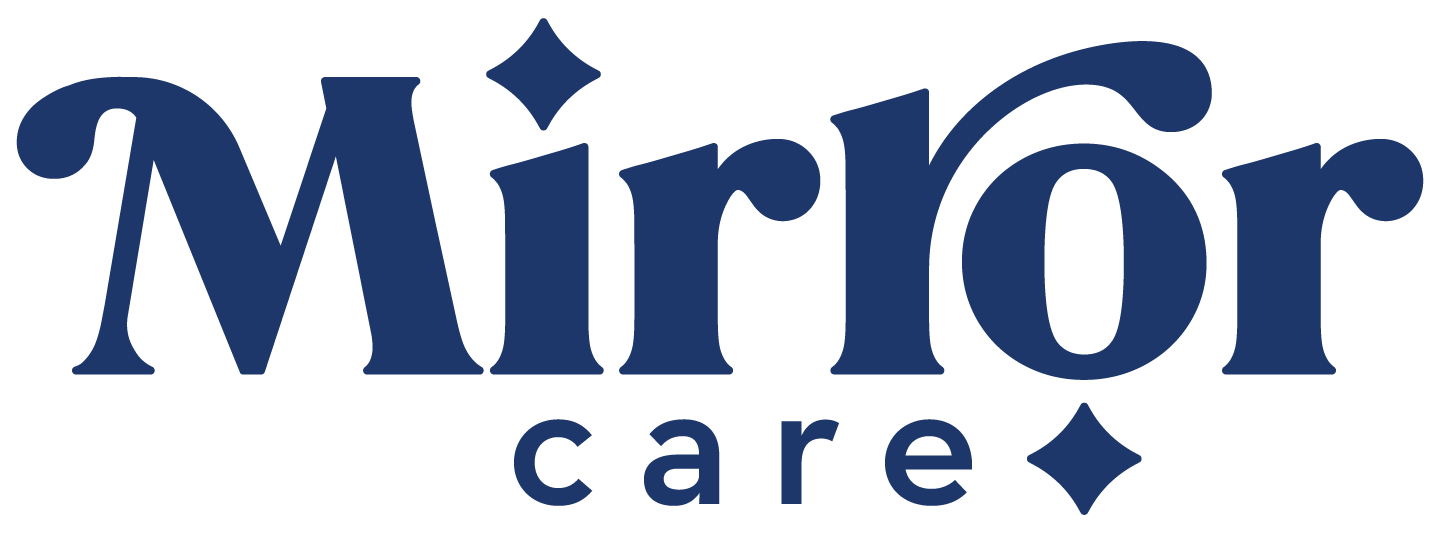Welcome to part 3 of our Hormone Series. If you missed part 1 on Estrogen and Progesterone or part 2 on Testosterone, we highly encourage you to read them!
What is DHEA?
DHEA is a precursor hormone that is produced by your body in the adrenal glands, which sit above your kidneys. Precursor hormones are converted by your body into other substances, specifically estrogen and testosterone. While DHEA is not one of the more commonly recognized hormones when people think about hormone replacement therapy, it’s an important one to consider for overall health.
DHEA (dehydroepiandrosterone) and its sulfated form dehydroepiandrosterone sulfate (DHEAS) are the most abundant circulating steroid hormones naturally produced in the body.
What are the symptoms of low DHEA?
- Decreased sex drive
- Unexpected weight gain
- Depression
- Loss of bone density
- Foggy thinking
DHEA production typically peaks in your mid-20s and gradually declines with age. This is similar to other hormones that decline as we get older. While we can’t turn back the clock on aging, hormone replacement therapy that utilizes DHEA can help slow the process and reduce the symptoms of aging. DHEA supplements, typically in pill form, can be an effective way to increase the level of this hormone. Many research studies have shown the potential benefits of supplementing this hormone.
What is DHEA used for?
- Improve sex drive and libido
- Improve memory and mood
- Strengthen the immune system
- Increase energy
- Improve bone and muscle strength
DHEA has also helped reduce body fat and age-related skin atrophy, stimulating procollagen/sebum production. (Procollagen is a precursor [forerunner] of collagen, the protein that adds strength and support to many body tissues. Sebum is a naturally produced substance that coats, moisturizes, and protects your skin.) In adrenal insufficiency, DHEA restores DHEA/DHEAS and androstenedione levels, and it reduces total cholesterol and insulin sensitivity.
Are there any DHEA side effects?
All medications have potential side effects, but the possible side effects of DHEA supplements are typically mild, like headache, fatigue, acne, and nasal congestion. There may be some breast tenderness, facial hair growth, and a deepening of the voice in women. We recommend a blood test to determine your DHEA levels and regular monitoring by an experienced healthcare provider to ensure you’re achieving your desired treatment goals.
Who should NOT take DHEA supplements?
DHEA supplements are not considered safe if you are pregnant or nursing, have a history of blood clots, heart or liver problems, diabetes, cancer, or some psychiatric conditions. DHEA may also interfere with some over-the-counter and prescription medications.
What’s next?
You should speak with a trusted healthcare provider prior to using bioidentical hormones to see if DHEA supplements are right for you. Mirror Care is currently offering no-risk, no-obligation, free consultations with a licensed physician with years of experience prescribing DHEA and other hormones. Schedule yours today!
How Can We Help?
Legal and Privacy
Quick Contacts
- (630) 884-4449
- Questions@mirror.care
-
Mirror Care Pharmacy 17W535 Butterfield Rd Suite 001
Oakbrook Terrace, IL 60181
Receive Updates from Mirror Care
- Copyright 2025 Self Therapeutics, LLC


Leave a Reply